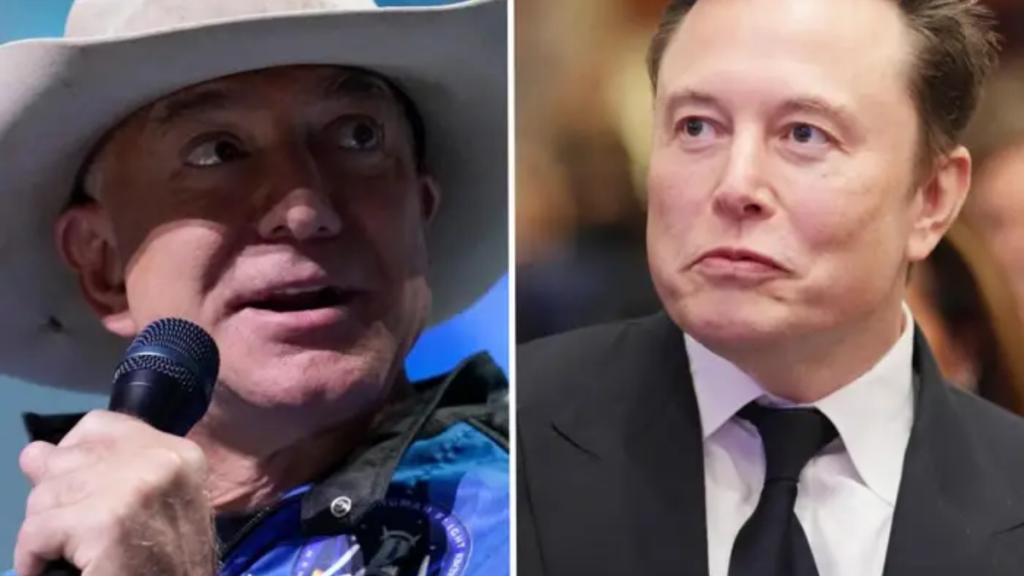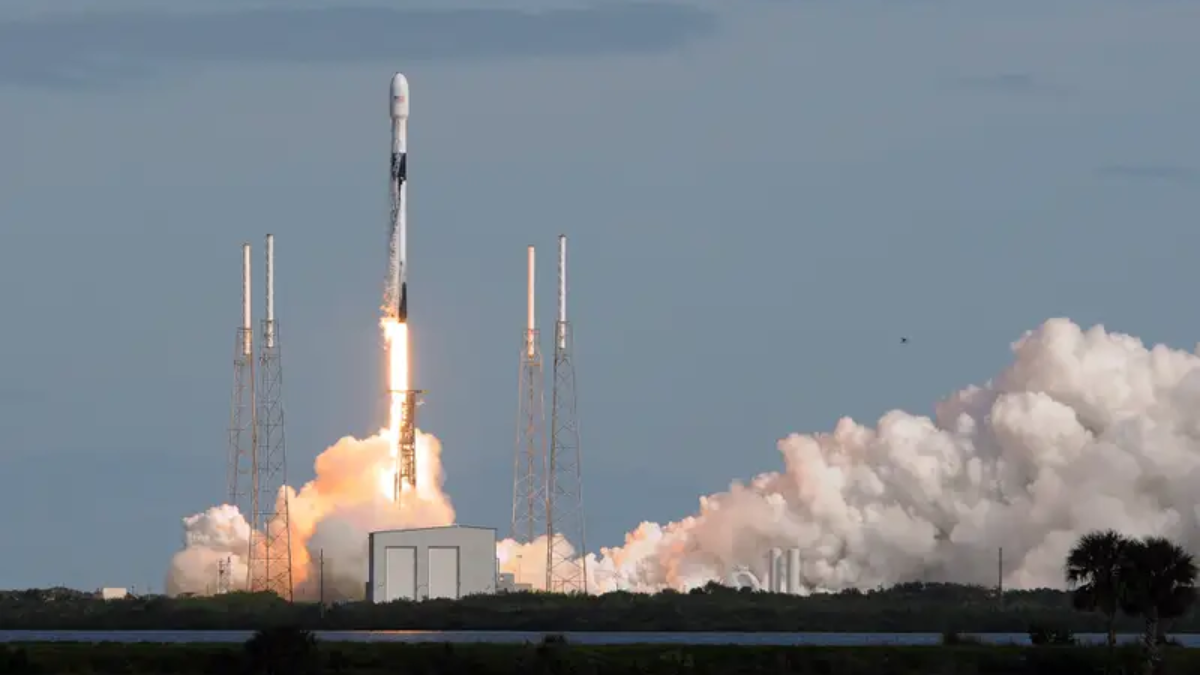Elon Musk’s Starlink, a division of SpaceX, is no longer just a bold attempt to provide global internet coverage—it’s a cash-generating machine and a new kind of geopolitical weapon. With over 6,000 satellites in low-Earth orbit and millions of active users globally, Starlink is now a critical player in global communications, military strategy, and economic competition.
Originally pitched as a way to bring broadband to remote corners of the world, Starlink has evolved into a dominant force in both private enterprise and national security. Countries, militaries, and businesses are quickly recognizing that whoever controls satellite internet infrastructure holds significant global leverage.
Profits Skyrocket as Starlink Gains Millions of Users
Starlink has reportedly become a major revenue stream for SpaceX, generating billions annually. As of early 2025, the company boasts:
- More than 2.6 million subscribers worldwide
- Coverage in over 70 countries
- Monthly revenue approaching $200 million
Musk’s goal of delivering low-latency internet to underserved regions has also opened new markets for streaming, education, banking, and emergency services. This has positioned Starlink as not just a telecom provider, but as a foundational player in the global digital economy.
According to internal estimates shared during SpaceX investor presentations, Starlink could soon outpace the Falcon 9 rocket program in profitability—helping fund Musk’s Mars ambitions and further SpaceX expansion.
Starlink’s Unexpected Role in Global Conflict
The Ukraine war marked Starlink’s debut as a battlefield asset. When Russia disrupted Ukraine’s internet infrastructure, Musk’s company rapidly deployed terminals to restore communications. Ukrainian forces relied on Starlink for secure battlefield coordination, drone operations, and civilian infrastructure.
This move proved how a private company could suddenly influence the outcome of a war—sparking both praise and concern. Critics argued that no unelected billionaire should have unilateral control over the “off switch” of a communications grid in wartime.
Indeed, when Musk later restricted Starlink’s use in offensive operations, Ukrainian officials expressed frustration over their growing dependence on the system.
Starlink’s growing influence has triggered regulatory debates and defense partnerships in Europe, Asia, and the United States. NATO countries are now looking to collaborate more closely with Musk—or develop their own alternatives.

Amazon Takes Aim with Project Kuiper
With Starlink’s success now impossible to ignore, Amazon has accelerated its own satellite initiative: Project Kuiper. Backed by Jeff Bezos, Kuiper is expected to launch thousands of satellites beginning in 2025, aiming to offer global internet coverage and rival Starlink’s dominance.
Amazon recently committed $10 billion to the project and has signed contracts with United Launch Alliance, Blue Origin, and Arianespace to deliver Kuiper satellites into orbit. The race to control low-Earth orbit bandwidth has officially begun.
Key goals of Project Kuiper include:
- Connecting underserved rural areas
- Offering affordable satellite broadband
- Providing enterprise-grade solutions for governments and businesses
While Kuiper trails Starlink in deployment, Amazon’s logistics network, cloud infrastructure (AWS), and retail ecosystem give it a powerful platform for integration.
Geopolitical Implications of Satellite Internet Control
The rise of satellite internet providers like Starlink and Kuiper is fundamentally changing the balance of power in global communications. These networks bypass traditional fiber-optic cables and national telecoms, enabling direct, space-based connections across borders.
This new paradigm raises crucial questions:
- Who controls access to space-based internet?
- What regulations govern satellite use in warzones or authoritarian regimes?
- Can democratic nations tolerate monopolies in critical infrastructure?
Governments are responding by investing in domestic satellite programs, including Europe’s IRIS², China’s Guowang constellation, and India’s emerging space internet ventures. Meanwhile, regulatory agencies are scrambling to keep pace with licensing, cybersecurity, and spectrum allocation challenges.
Conclusion: Starlink’s Legacy Is Just Beginning
Elon Musk’s Starlink has become more than a tech venture—it’s a global infrastructure platform with sweeping economic, political, and military implications. As Amazon joins the fray and other nations step up their own space connectivity programs, satellite internet is no longer science fiction—it’s a pillar of 21st-century power.
With billions in potential profits and an outsized influence on modern warfare, the satellite internet race is redefining how governments and businesses think about control, connectivity, and competition in the digital age.
For further coverage on Starlink’s growing role in geopolitics and Amazon’s satellite plans, visit: CNBC
Disclaimer – Our team has carefully fact-checked this article to make sure it’s accurate and free from any misinformation. We’re dedicated to keeping our content honest and reliable for our readers.
